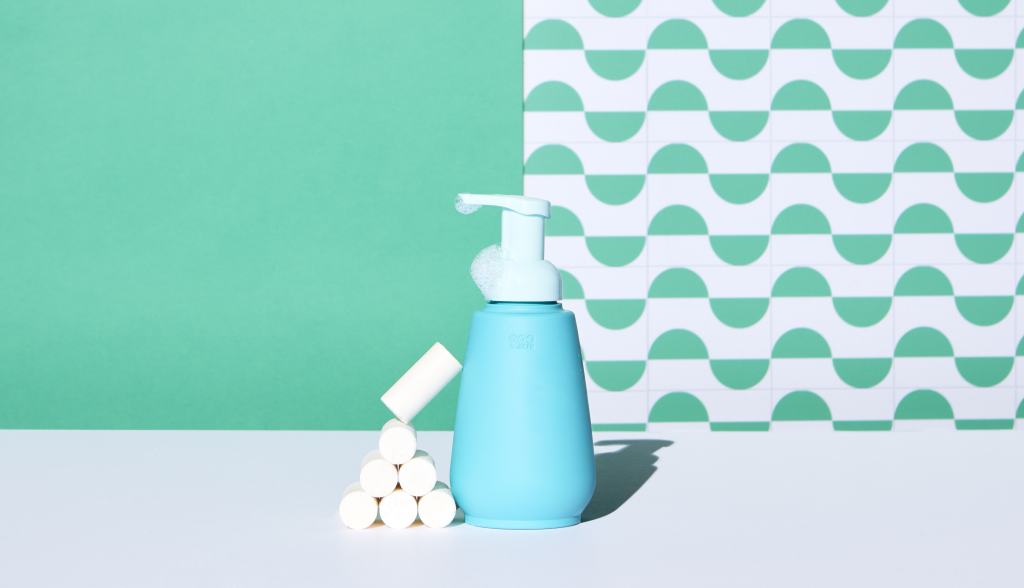
We’ve been covering U.S.-based insurtech startup Faye way back since 2022 with its seed round, and the Series A round in 2023, and it seems they continue to be on a roll, today announcing a $31 million in Series B funding. What is keeping this online insurance company on the rise?
Well, it would appear to be the way it combines travel insurance, assistance while you are away from home, and a range of financial solutions, packed inside a comprehensive smartphone app. It might be said that in the way Lemonade managed to hit a millennial generation with a much sexier-packaged insurance platform, Faye has been plowing a similar field.
Co-founder and CEO Elad Schaffer told TechCrunch that part of the key to its ongoing growth has been its wallet approach to insurance payouts.
“The wallet is how we pay claims instantly to your phone so that you can use them like you use your Apple Pay to pay for things. Suddenly it becomes your favorite travel card, where you can enjoy better foreign exchange rates, budget for your trip, reconciliation after your trip, etc. We really want to be the protector and companion when you travel.”
To that extent, Faye offers 24/7 assistance, “real-time” trip monitoring and alerts about the country you are in, vaccine information, health mandates, telemedicine access to doctors or in-hotel medical visits, plus reimbursements and offers.
Schaffer says the company’s travel care is “designed to help you overcome travel hiccups and ensure that the trip goes smoothly.”
He continued: “Most Americans either don’t buy travel insurance or are just not used to buying travel insurance. … So I would still argue that we are competing with legacy providers like Allianz partners, or AIG.”
Another notable insurtech startup in the space is U.S.-based Battleface, a travel insurance startup that provides embedded travel insurance products, which has raised $14 million so far.
Faye’s $31 million in Series B was led by Portage, with participation from Lumir Ventures, along with existing investors F2 Venture Capital, Viola Ventures, and Munich Re Ventures.

